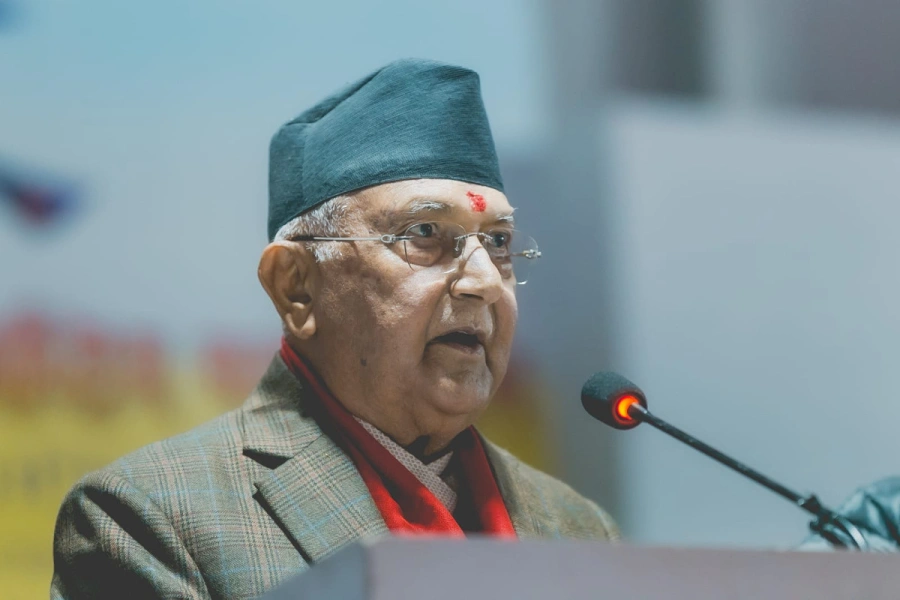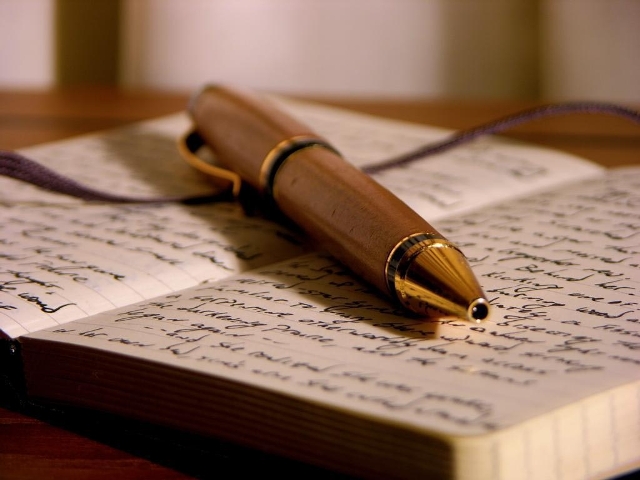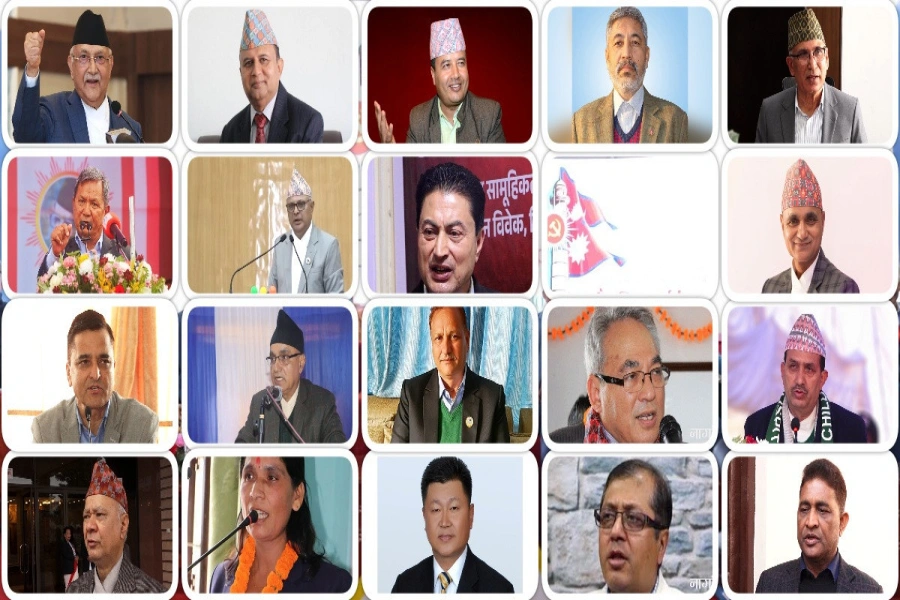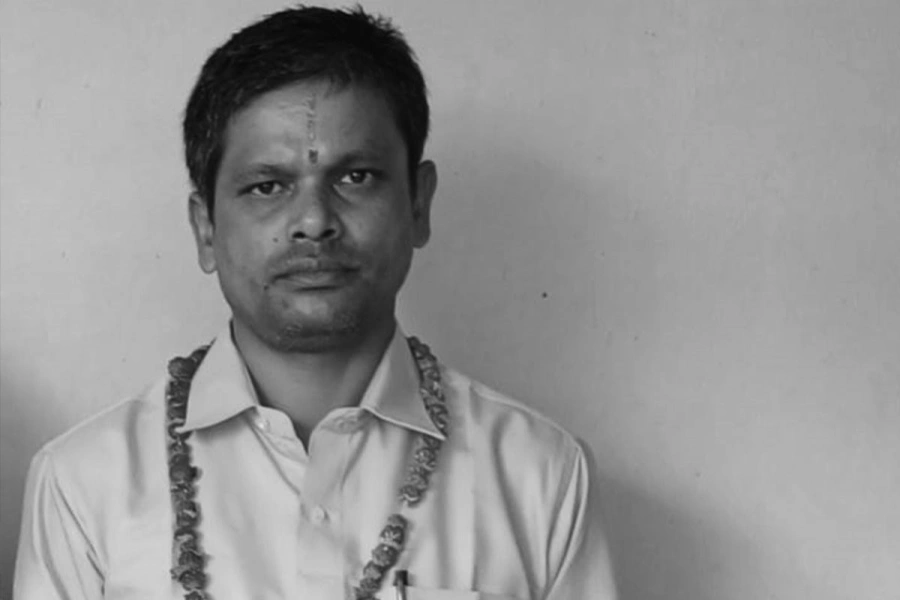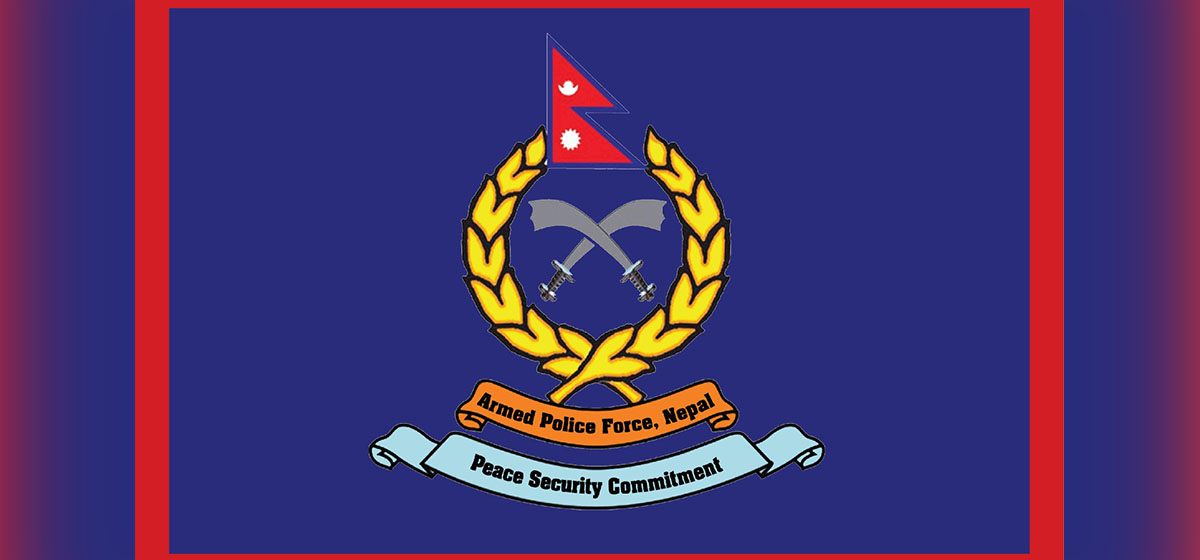Do you like weaving stories and getting lost in an imaginary world of narratives? Do you enjoy writing as much as you love reading? Then maybe you were meant to become the author of an outstanding novel.
Planning to write a book may seem extremely daunting in the beginning. Yet, according to most authors we spoke to, once you start writing a book, it will be hard to stop. So before you give up on your passion, see what has worked for our most loved authors in the past. We are sure their personal advice will help boost your confidence and help you get started with your first book.
Advice from the pros
“The secret to getting something done is getting started.” Oscar Sapkota
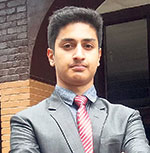
When I was in grade five, I fell severely ill. That time I needed something to keep me engaged so I began writing my own book. At the age of 11, my first novel based on the adventures of a young boy was published. After that I published three more sequels of the same novel.
My first advice to all aspiring writers would be to start writing. I strongly believe that the only secret to getting something done is getting started. I have seen may aspiring writers feel a bit hesitant to write in the beginning. They have a preconceived notion that their writing may not be ‘good enough’. That is what holds them back. But writing is actually a process of learning and improvising. You must understand that your first book is never going to be perfect.
Even Ernest Hemingway said that out of the 100 stories he wrote only one turned out to be good. So everyone including the greatest writers in the world has such apprehensions and you are no exception. You just have to overcome your fear and start writing because writing is a profession where you can always improve and correct yourself.
Also if you expect to write a novel, you need to read a lot of fictional works. I always compare writing a book to running a marathon. You can’t afford to be unfit if you want win a race. Similarly, reading is like an exercise for your brain and you cannot skip that if you want to write a book.
Hamro Kitab: For the book-loving society

“Writing a novel involves a fair amount of research and learning from our own experiences.” Amar Neupane
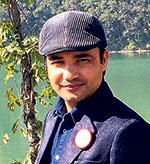
These days, many young writes are of the opinion that writing fiction does not require any kind of research. They may be correct in their own ways. But, for me, very few books can be written without experiencing, understanding, and feeling what each character in your book is going through. An in-depth research is an integral part of writing a novel.
I remember, for my first book ‘Pani ko Gham’, I went to various municipalities and Village Development Committees to collect their demographical data. I did this merely to create the perfect setting for my novel.
I then spoke to different people from the villages, understood their emotions, plight, and stories to build the characters for my first novel. Even till today, my fictional characters are a mixture of different personalities that I have interacted with in real life.
Young writers must also keep in mind that writing is all about observing every small detail that others tend to ignore. In order to build my story, I often try to become the fictional character itself and I try to emulate my character’s daily routine. I recall going to a river each morning to have a bath in order to deeply understand the lifestyle of one of my religious characters in my book.
This is a very useful tip if you have a vague storyline and you do not know where to start: Experience the life of your characters in reality. That way your story will take a shape of its own very easily.
It’s also important to understand that each person has his/her own way of writing. You don’t have to follow a specific pattern. If you are more inclined towards writing fantasy fiction then real life experience may not be necessary.
Also, there is not going to be any perfect day or time to start writing a book. Just grab a pen and a paper right now and start scribbling (it does not matter if they are just random words). Remember if you are consistent, everything will eventually fall into place. It’s not difficult to be a writer. It’s just difficult to break the barrier between your apprehension and your desire.
“Start with writing short stories.” Subin Bhattarai
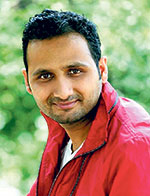
My first book ‘Kathaki Paatra’ was a collection of shorts stories that I had written over a span of 10 years. If you want to write a novel but are unsure about your passion for writing, then I would recommend working on a collection of short stories first. It’s comparatively easier to write short stories and it also helps you develop your writing skills.
You may be very enthusiastic about writing a book in the beginning but if you are not passionate about it you will certainly lose interest midway. Then writing will just become monotonous and boring. So if you start with short stories, over time, you will realize if you are really interested and passionate about writing or not. Then you can slowly build on your writing skills and write a novel.
Also, you need to find your purpose and look for topics that would interest you. Only then will you will be able to write well and with a certain zeal that will be evident in your writing. I believe, to become a writer, it’s also important to read and understand poems. That will make you more descriptive and poetic which is an integral part of writing a book.
And lastly, language is a form of expression and art that needs to be learnt and improvised. So it is extremely important for all writers to read extensively. I would advice young writers to read with great scrutiny and introspection. Try reading between the lines. You can learn new writing techniques from each author you read and improvise on your own. One must never stop learning from others and refining their own skills.
“Simplicity is the key.” Anbika Giri
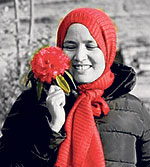
I used to write poems for different competitions during my school days. After that I happened to know about a story competition, so I wrote a story when I was pursuing my bachelor’s degree in 2005. I soon realized that I was better at writing stories as compared to poems. For me, my mother is the world’s best storyteller. I think I inherit storytelling skill from her.
My first book was a compilation of short stories for children and adults named ‘Hamra Kura Pani Sunnus’. I wrote this book because I was involved in a child club at my school and wanted to write something from the children’s perspective. Books written for children are usually from an adult’s standpoint. So I wanted to write something that is more intimate that children can relate to.
I believe simplicity in writing and articulation that is close to reality are what make a good writer. A writer must be a person who understands the society from different perspectives and yet is clear in his/her ideology.
It’s imperative for every aspiring author to read but it’s also important for him/her to have his/her own style. Be clear on what you are writing. Do not write on any topic just because everyone else is writing on that. Make your writing simple so that anyone can read, understand, and feel your story. I used to read my poems for my mother and now I read my stories to my daughter. Try it with someone who doesn’t read many books and see if you are able to make them interested.
Don’t panic to publish. Give yourself time until you are fully ready. I don’t believe that writing is just a hobby. For me, it is also a tool to express your disagreement or dissatisfaction towards the society and state. Your writing can be the voice of the voiceless so, if you want to write, write seriously.



